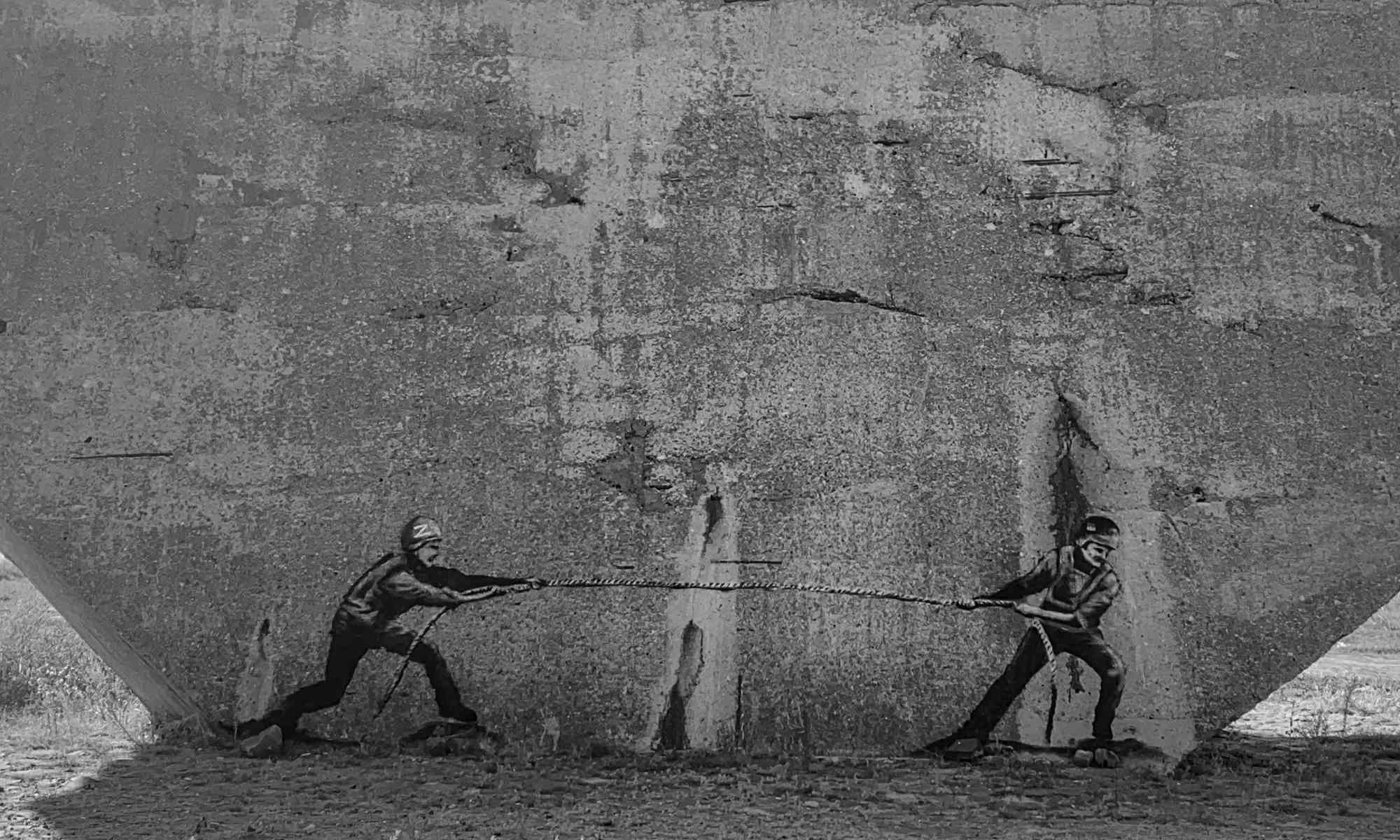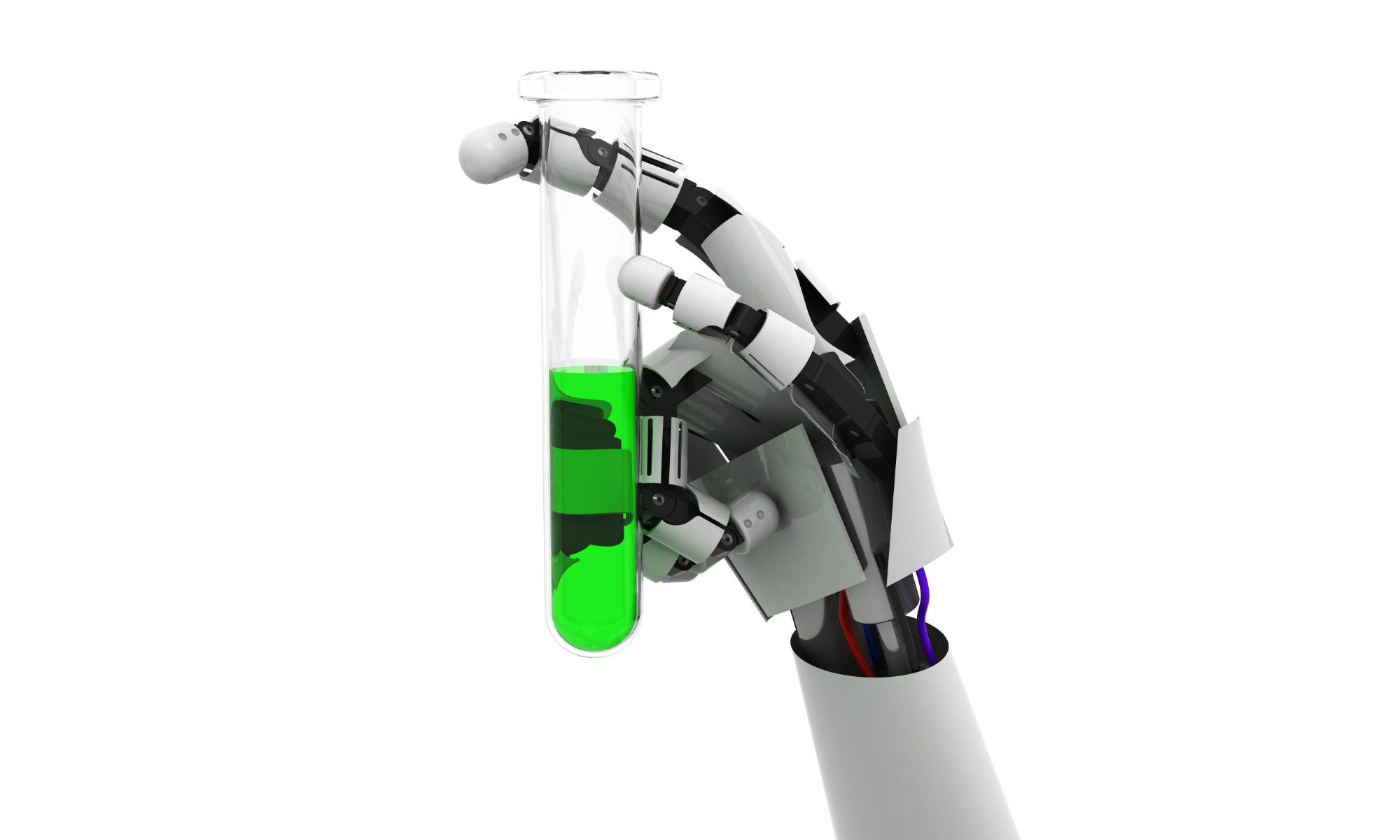
In an editorial published by Reuters, associate professor and chair of political science, Gretchen Helmke asks whether ousting Brazil’s President Dilma Rousseff will end the country’s vicious cycle of political corruption.
Helmke, who has a forthcoming book published by Cambridge University Press, Institutions on the Edge: Inter-Branch Crises in Latin America, says if the recent history of corruption and government upheaval in other Latin American nations provides any indication, “a virtuous cycle” of new leadership is not likely for Brazil.
Latin American presidents are notorious for decrying the politicization and corruption of the courts and legislatures — only to pack them with their own loyal supporters. Similarly, legislatures often bypass vice presidents and replace ousted leaders with members of the opposition.
Indeed, in Latin America, most presidential ousters look more like partisan affairs. Of the region’s 17 ousted leaders, only six successors were the vice presidents — and most of those cases were not from the same party as the president.
Replacing Rousseff is likely to be particularly fraught. Brazil’s entire line of succession is under investigation for corruption with the nation already seething over a harsh recession.


